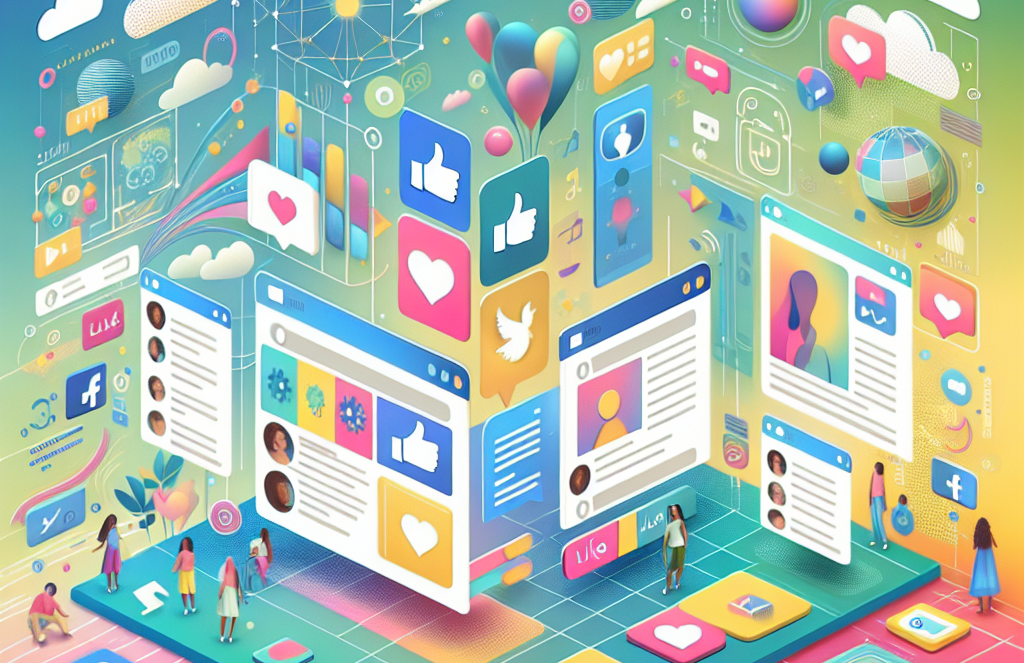Escaping the Scroll Trap: When Social Media Consumes Too Much Time

We all know the feeling—you open your phone for a quick check, and suddenly, hours disappear in an endless scroll of memes, updates, and viral trends. Social media has become a digital addiction, pulling us in with promises of connection and entertainment. But what happens when too much time online starts affecting our well-being, productivity, and relationships?
The Social Media Addiction
Social media platforms are designed to be engaging. The dopamine rush from likes, shares, and comments keeps users coming back for more. The fear of missing out (FOMO) fuels the urge to constantly check notifications, making it hard to put the phone down. The result? Hours lost in a digital rabbit hole that often leaves people feeling drained rather than fulfilled.
The Downsides of Overconsumption
Spending excessive time on social media can have negative consequences, including:
1. Increased Anxiety and Depression
Comparing oneself to carefully curated online personas can lead to feelings of inadequacy. Seeing others’ seemingly perfect lives may create unrealistic expectations, affecting self-esteem and mental health.
2. Reduced Focus and Productivity
With constant notifications and distractions, social media can pull attention away from important tasks. Whether it’s work, school, or personal projects, excessive screen time often leads to procrastination and lower efficiency.
3. Strained Relationships
While social media helps people stay connected, it can also distance them from real-life relationships. Spending too much time online may mean less meaningful interactions with family and friends.
4. Sleep Disruptions
Late-night scrolling can interfere with sleep quality. The blue light from screens can disrupt melatonin production, leading to insomnia and reduced energy the next day.
Taking Back Control
If social media is consuming too much of your time, here are some ways to reclaim balance:
- Set Screen Time Limits: Many smartphones have built-in tracking tools to help monitor and reduce usage.
- Take Digital Detox Breaks: Regularly unplugging from social media, even for a few hours, can improve focus and mental clarity.
- Replace Scrolling with Offline Activities: Prioritize hobbies, exercise, or face-to-face interactions to create healthier habits.
- Curate Your Feed Wisely: Follow positive and informative content rather than accounts that contribute to unhealthy comparison.
Final Thoughts
Social media isn’t inherently bad—it’s a powerful tool for connection, creativity, and entertainment. However, excessive use can lead to negative effects on mental health, productivity, and relationships. Finding a balance is crucial to ensuring that social media remains a source of enrichment rather than exhaustion.





